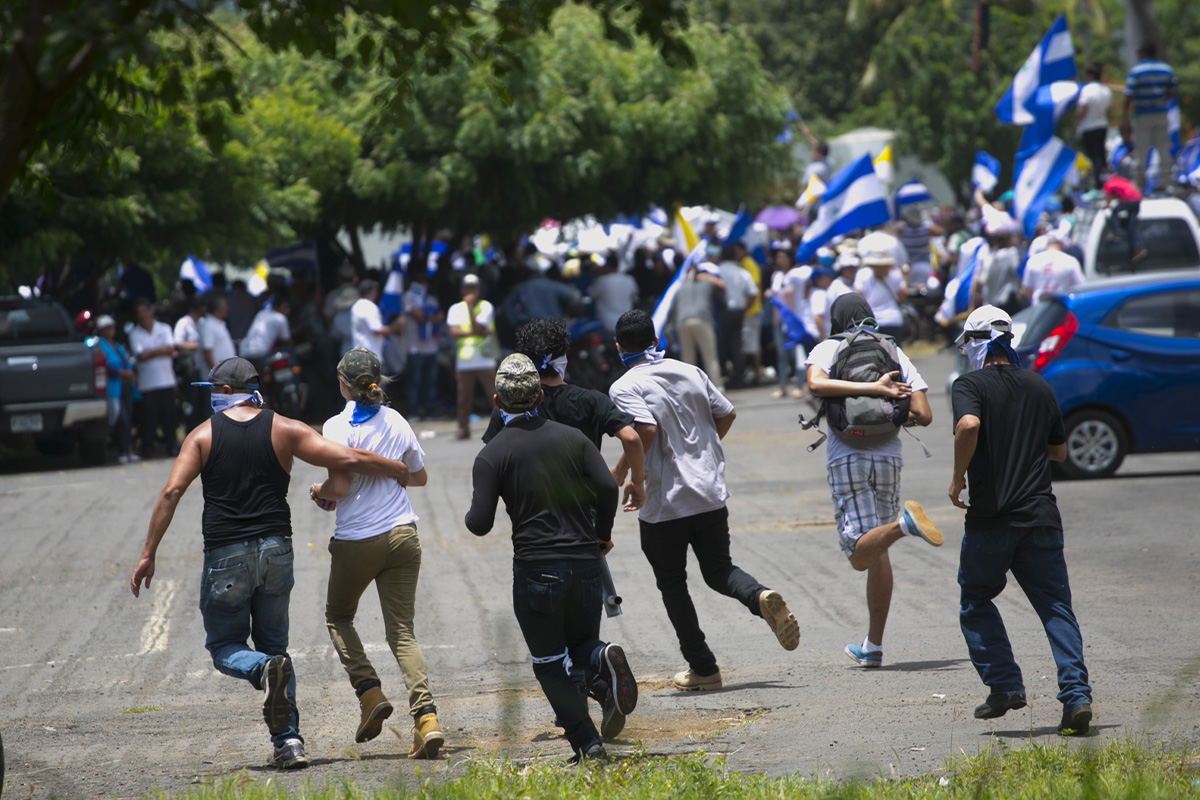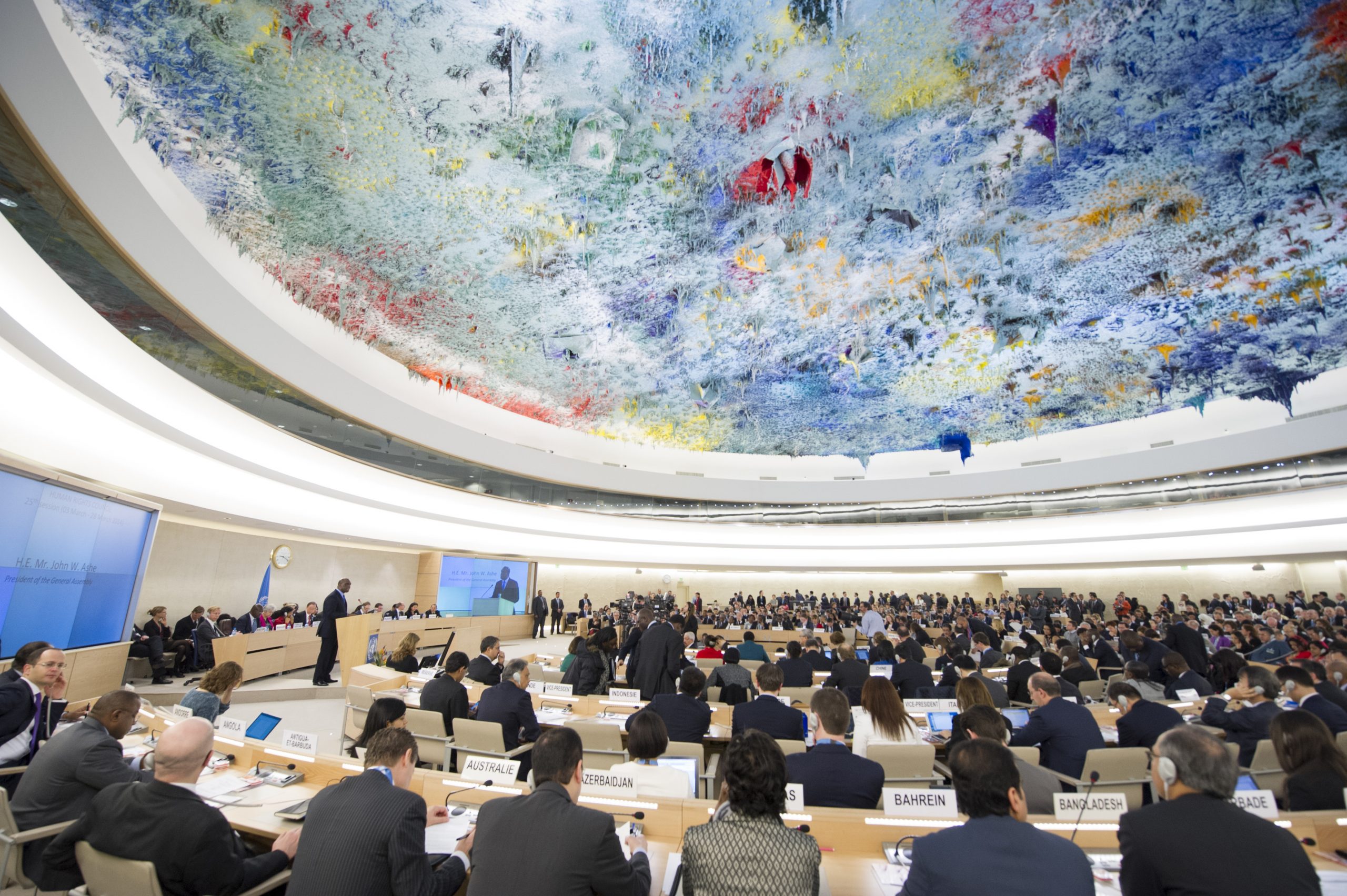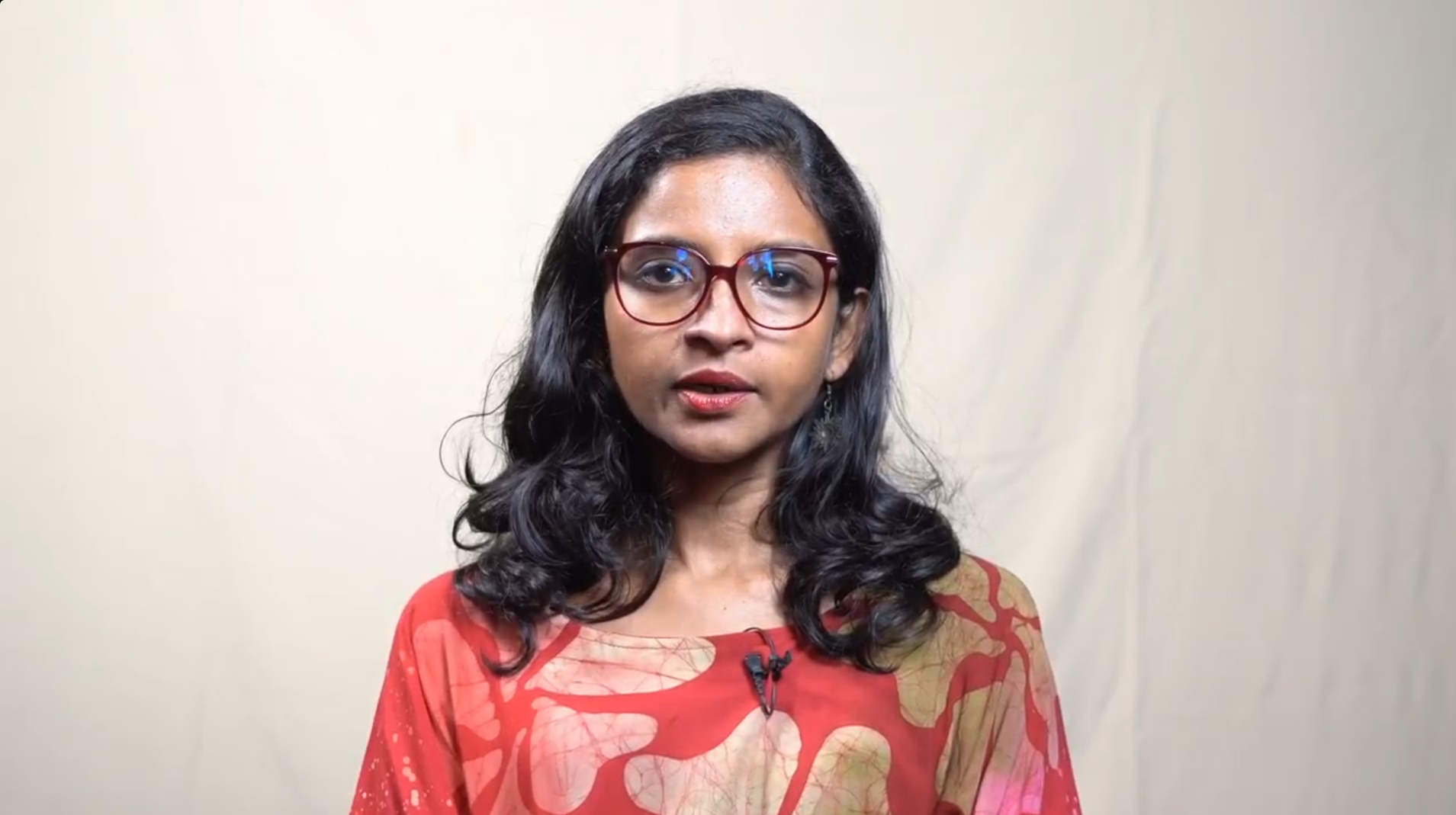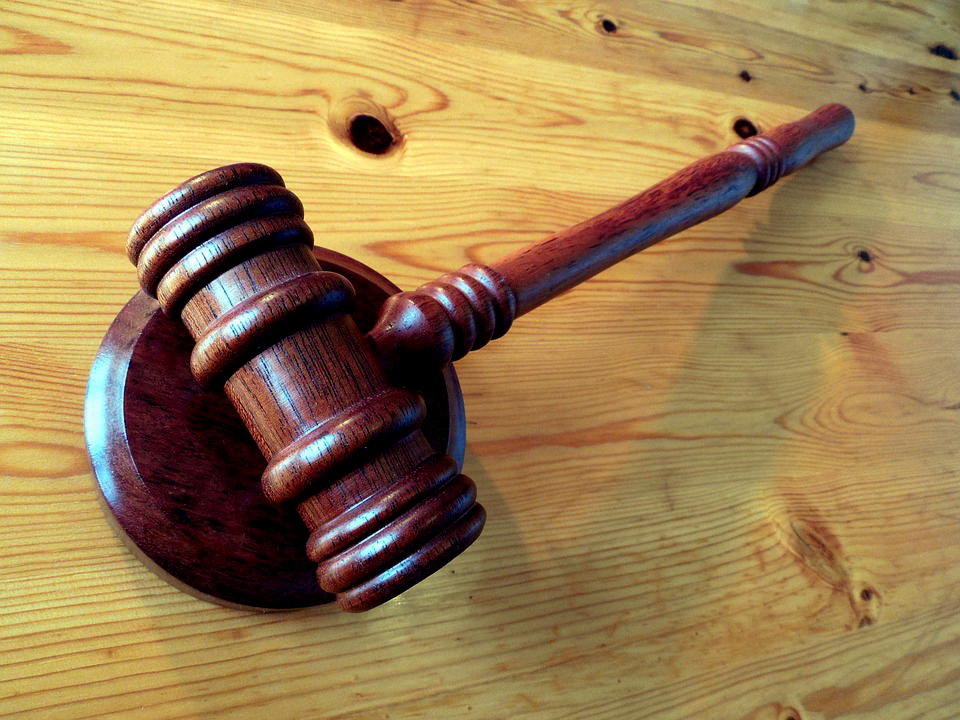The UN Human Rights Council (the Council) will hold its 43rd regular session at Palais des Nations in Geneva from 24 February to 20 March 2020. The session provides a key opportunity for the Council to start addressing the key issues for 2020.
Stay up-to-date: Follow @ISHRglobal and #HRC43 on Twitter, and look out for our Human Rights Council Monitor.
Don’t miss these side events organised by ISHR:
- Women Human Rights Defenders in Conflict and Post-conflict situations on 4 March from 11:00 to 12:00 in Room XXVII
- Intimidation and its Impact on Engagement with the UN Human Rights System: Methodological challenges and opportunities on 12 March from 13:30 to 14:30 in Room XXII
Ensure that the Council can carry out all its work
The UN’s liquidity crisis is providing opportunities for autocratic States to restrict civil society participation at the Council and undermine the Council’s work. The United Nations Secretary General (UNSG) and Member States must ensure the allocation of sufficient resources for the UN’s principal human rights body to be able to function effectively, so that it can continue to promote and protect human rights across the globe.
In December 2019, the Council decided to not hold general debates during the 44th session of the Council. ISHR reiterates that the removal of general debates in June will have a disproportionate and negative impact on civil society participation, and in particular on women human rights defenders and those working to combat violence and discrimination on the grounds of sexual orientation and gender identity.
Despite the adoption of a number of measures by the Council over the years to address the budgetary constraints faced by the United Nations Office at Geneva (UNOG), the Director General of UNOG informed the Council’s President that the Council may not be able to carry out all its mandated activities in 2020. This is due to the special emergency measures instituted by the UNSG to respond to the UN’s liquidity crisis which prohibit all lunch-time meetings, thus making it impossible for UNOG to provide conference services to all the Council’s required meetings. The President of the Council requested the UNSG to issue an exemption of these measures to ensure that the Council can hold all its meetings. The UNSG issued an exemption for meetings during the High-level Segment and voting on resolutions, but not for other meetings in the March session.
ISHR jointly with 26 NGOs have expressed their concerns to the UNSG that in light of the special emergency measures and ongoing budget constraints, further measures may be imposed to restrict civil society participation at the Council. In his response, the UNSG reiterated the importance of effective civil society participation in the work of the Council, recognizing the vital role that civil society plays in solving global challenges, especially at a time when civic space is shrinking worldwide.
#HRC43| Thematic areas of interest
Here are some highlights of the session’s thematic discussions
Protection of human rights defenders including women human rights defenders
The Council will consider a resolution, presented by Norway, to renew the mandate of the Special Rapporteur on the situation of human rights defenders. The mandate gathers and responds to information on the situation of defenders around the world, engages constructively with governments and non-State actors and provides recommendations to promote the effective implementation of the Declaration on human rights defenders.
In 2019, the Council and the General Assembly unanimously affirmed the vital work defenders play. The Council recognised the critical role of environmental human rights defenders in protecting vital ecosystems, addressing climate change, attaining the sustainable development goals (SDGs). The General Assembly passed by consensus a resolution focusing on implementation of the Declaration and some key elements of protection policy; the resolution also attracted a record number of co-sponsors.
ISHR calls on all States to support the extension of the mandate of the Special Rapporteur by participating positively in the negotiations on the resolution, presenting early co-sponsorship of the text, resisting any attempts to dilute the mandate and supporting consensus renewal of the mandate.
The Special Rapporteur on the situation of human rights defenders will present his report on human rights defenders operating in conflict and post-conflict situations on 4 March, and country visits to Colombia and Mongolia.
Reprisals
Reports of cases of intimidation and reprisal against those cooperating or seeking to cooperate with the UN not only continue, but grow. Intimidation and reprisals violate the rights of the individuals concerned, they constitute violations of international human rights law and undermine the UN human rights system.
The UN has taken action towards addressing this critical issue including:
- Establishing a dedicated dialogue under item 5 to take place every September;
- Affirmation by the Council of the particular responsibilities of its Members, President and Vice-Presidents to investigate and promote accountability for reprisals and intimidation; and
- The appointment of the UN Assistant Secretary General on Human Rights as the Senior Official addressing reprisals.
ISHR remains deeply concerned about reprisals against civil society actors who try to engage with UN mechanisms, and consistent in its calls for all States and the Council to do more to address the situation.
During the 42nd session, the Council adopted a resolution which listed key trends such as the patterns of reprisals, increasing self-censorship, the use of national security arguments and counter-terrorism strategies by States as justification for blocking access to the UN. The resolution also acknowledged the specific risks to individuals in vulnerable situations or belonging to marginalised groups, and called on the UN to implement gender-responsive policies to end reprisals. The Council called on States to combat impunity and to report back to it on how they are preventing reprisals, both online and offline.
Item 5 of the Human Rights Council’s agenda provides a key opportunity for States to raise concerns about reprisals, and for governments involved in existing cases to provide an update to the Council on any investigation or action taken toward accountability to be carried out.
During the organisational meeting held on 10 February, the President of the Council stressed the importance of ensuring the safety of those participating in the Council’s work, and the obligation of States to prevent intimidation or reprisals. In her welcome reception with civil society, the President commited to using various tools in the toolbox to increase the cost for States committing reprisals.
In line with previous calls, ISHR expects the President of the Human Rights Council to publicly identify and denounce specific instances of reprisals by issuing formal statements, conducting press-briefings, corresponding directly with the State concerned, publicly releasing such correspondence with States involved, and insist on undertakings from the State concerned to investigate, hold the perpetrators accountable and report back to the Council on action taken.
Other thematic reports
At this 43rd session, the Council will discuss a range of economic, social and cultural rights in depth through dedicated debates with mandate holders alongside the annual report of the Secretary-General on the realisation of economic, social and cultural rights




